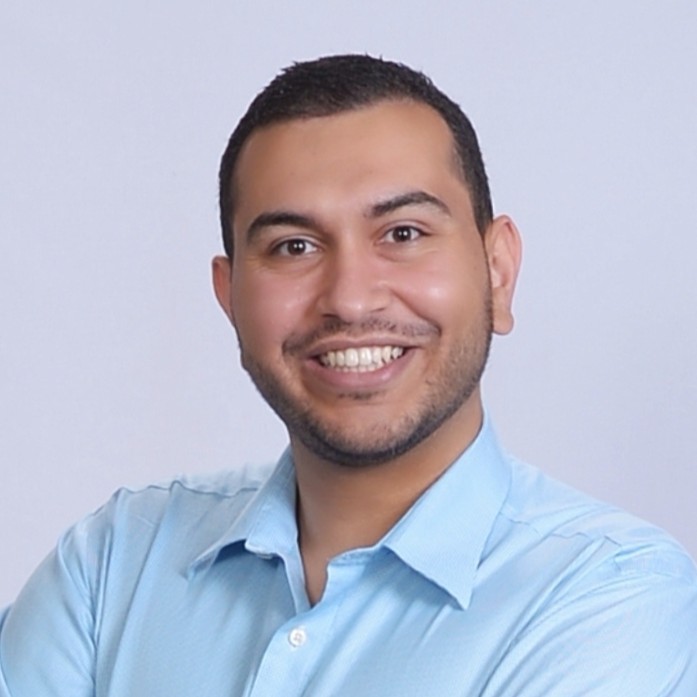We were lucky to catch up with Boulos Haddad recently and have shared our conversation below.
Hi Boulos, thank you for being such a positive, uplifting person. We’ve noticed that so many of the successful folks we’ve had the good fortune of connecting with have high levels of optimism and so we’d love to hear about your optimism and where you think it comes from.
My optimism is deeply tied to my viewpoint that people are good in nature and that the options to do good in the world are plentiful if the will and drive to do it are there. This sort of optimism doesn’t come overnight though. It traces back to my upbringing — one filled with tenets of gratitude, knowing that human rules can be rewritten, and an unbridled outlook on what can be achieved with the right application. You may think that these sorts of outlooks develop in a well resourced home, but it was the obverse reality. My mom and dad, for much of my childhood separated, immigrated from the Middle East to the United States. Part of their story was working a variety of blue collar jobs to make ends meet. And sometimes, especially on the single-income of my mom, ends wouldn’t meet. Despite that, there was a consistency of love and gratitude for what we did have. Even little things in the face of a gracious outlook seemed like a lot. Although there were times where we were acutely in need of physical resources, we always had an abundance of love and a gratitude in general and to God for what we did have.
Though they say necessity is the source of innovation, necessity spurred for us much more. For starters, my mom imbued my younger brother and me with a recognition that there are opportunities all around us for the taking if we focused on school. We were taught that any human rule and hence limitation can be rewritten. That, although the world may say no, or that you may fall down, there is the opportunity to change the outcome and pick yourself up. When you’re told the roof above you can be knocked down and that there were many roofs around you despite any resource gaps where you currently stand, you begin to have a view that anything is possible in the world. This directly ties to my optimism—today’s lows can turn into tomorrow’s limitless highs with enough will and drive. This alone is a significant contributor to my optimistic outlook, but another major factor fueling my optimism is my belief that people are inherently good.
For many lives and generations before our own, there has been a question on the nature of humans. Good, bad, or like clean slates taking on their environment around them. When you’re surrounded by kindness and those who care, your default assumption is that people are good at heart. That said, life quickly begins to show you how humans can be deceptive, self-centered and all-together cruel. In a rat race, dog-eat-dog world, you begin to deeply question and nearly reject the view that humans are good. But then I return to this question. When you reflect on the arc of humanity and the progress humans as a whole have made over millennia, what does it look like? Does it look like a regression in terms of human dignity, well being, health, and prosperity or progression? To me, it is a clear progression. Granted over years or even decades and lifetimes, the progress can be slow, but the longer arc is one of progress. Now progress doesn’t necessarily mean goodness of people, but I think that progress can only be made if the heart of humanity is a reflection of doing good for the world. And though there may be bad actors, their core is a goodness which reflects the heart of humanity. That’s not to say humans aren’t self-serving nor won’t do bad, but it is to say that when you hold onto a belief that humans and humanity are good, you can’t help but be optimistic about doing good and moving the ball forward for the sake of humanity yourself too.
Now, though I may be optimistic, I temper it with realism. I’m not the type of person to focus on the half glass empty, but I am one to qualify that a glass may be half empty and half full at the same time. And, I consider myself fortunate in the utmost sense that I was able to grow up in a place where I could even recognize that I even metaphorically had half a glass full of anything as opposed to taking it for granted or considering it less than what others may have.
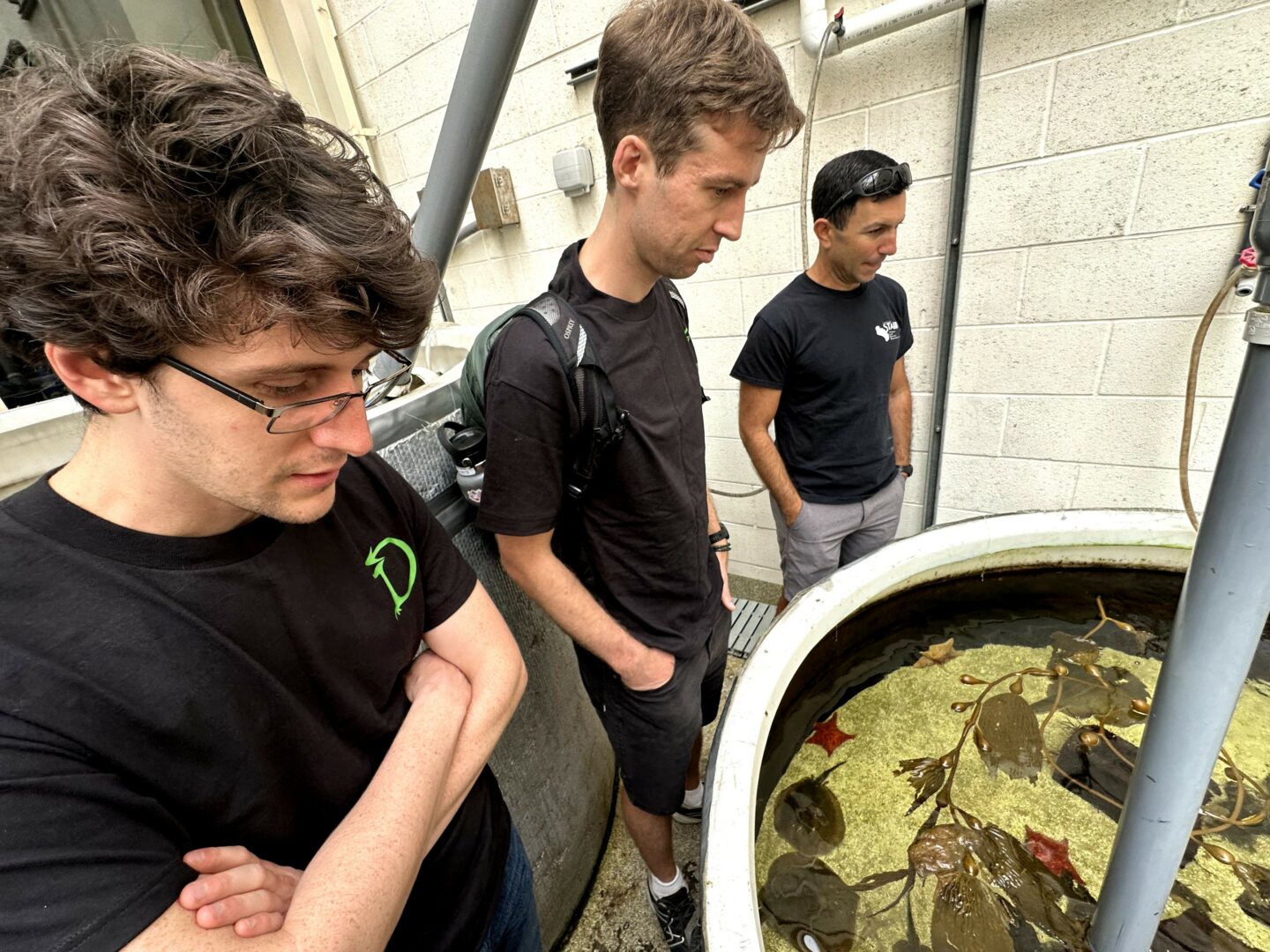
Thanks, so before we move on maybe you can share a bit more about yourself?
I’m currently focused on two main endeavors — my two companies DragonSkin and Concato.
DragonSkin is the world’s first stingray resistant surfing bootie. You can check us out a mydragonskin.com. I’m lucky enough to get to work on it with two friends who I met in college. They’re the brains behind the operation (Mechanical Engineers) and I mainly work on our customer service, design, and financial administration. Caveat – in a startup we each where many hats and often find ourselves doing many variety of tasks in different domains. What excites me most about DragonSkin is how we’ve helped hundreds of people experience the beach with less fear and more of what they love to do. Stingray stings are one of the most prevalent injuries at the beach (our estimates are almost 10,000x as likely as shark attacks just to put the scale in perspective). Many people come to us sharing how they were so scared to go into the ocean before they found us. There is nothing more humbling and exciting than being able to help someone experience the ocean confidently. I’m also excited by the future of DragonSkin. Although we’re focused on stingrays today, we’ve been asking ourselves how we can help users in other areas of their beach life. We just launched a new snapback, KRA:KƏN, meant for protecting from the sun in and out the water and are exploring more on what’s to come.
I started Concato as a direct result of my experience in Google Cloud. At Google Cloud, I was in Customer Development which is the nexus point between Marketing and Sales functions. I experienced first hand the friction between these two departments and wanted to create a platform to help them out. We’re starting with one of the toughest areas between these two groups, event collaboration. At large enterprises that throw hundreds of events for customers annually, there’s often a disconnect between Marketers and Sellers on having a coordinated effort to action events, leading Sellers to take inaction – that’s what we’re here to solve. You can check out Concato at concato.co. Whereas DragonSkin is D2C (direct-to-consumer), Concato is B2B (business-to-business). It means, for Concato, the bar is much higher to get a customer and we’re still looking for our first one. As a sole founder for Concato currently, I’ve been learning a lot about what it takes to build software and how to go about gaining traction in B2B when you’re just starting out. I’m excited to either prove value with Concato this year or to fail fast and move on to a next adventure.
Finally, I have some more ‘artistic’ endeavors I’m working on. I’ve been writing a novel about class struggles in a post super-intelligent AI world and I’m getting ready to try stand-up comedy! I’m excited to see how these outlets turn out!
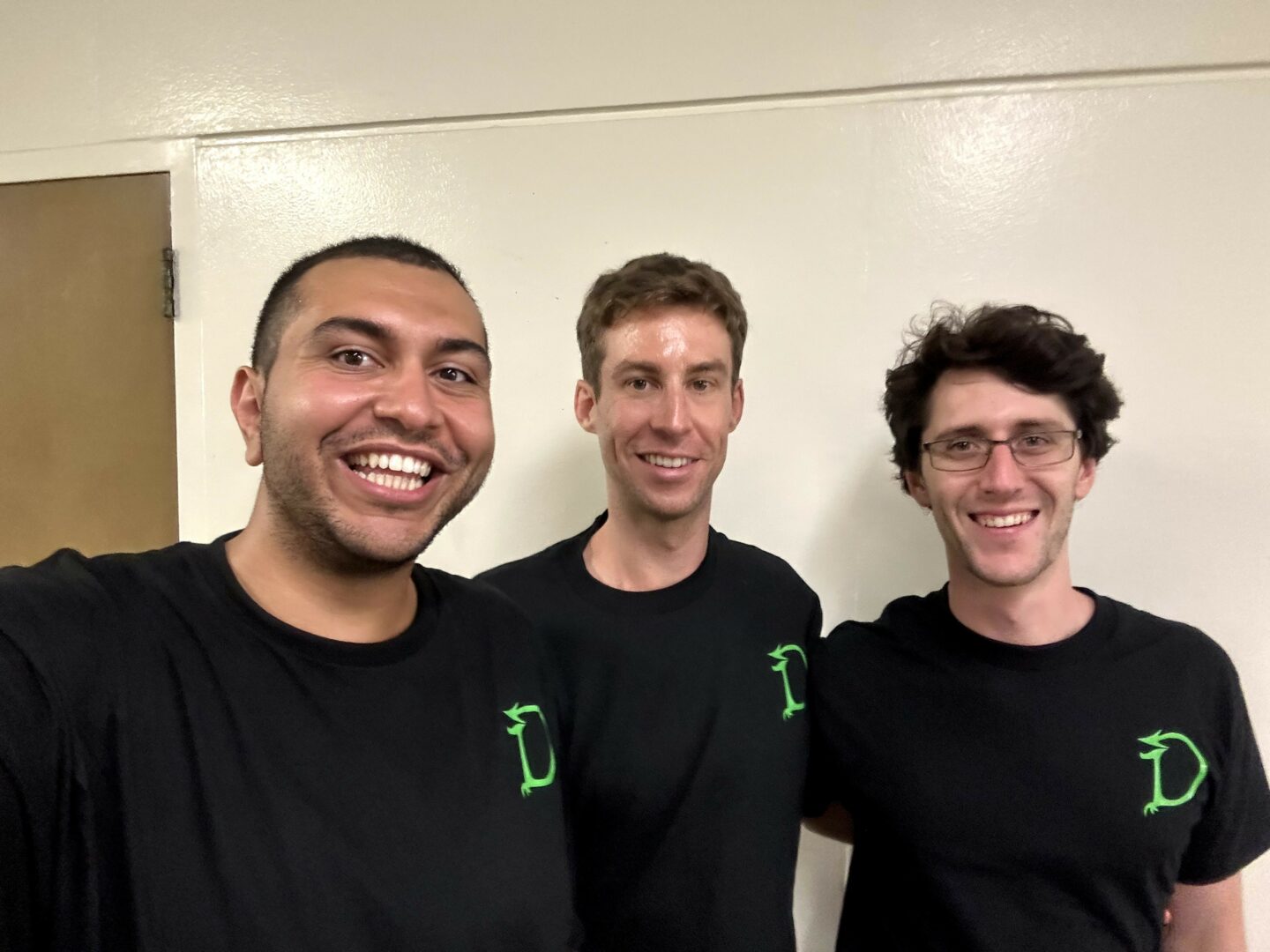
There is so much advice out there about all the different skills and qualities folks need to develop in order to succeed in today’s highly competitive environment and often it can feel overwhelming. So, if we had to break it down to just the three that matter most, which three skills or qualities would you focus on?
Looking back, the three most important skills that were most impactful to my journey were: adaptability, going for the bigger opportunities, and knowing when to stick with something.
Adaptability: In all aspects of our life, we have to be adaptable to new situations or challenges. I’ve found that when the opportunities are bigger and more complex, the level of adaptability has to often be higher. In complex opportunities, like in startups or large organizations – things change often and quickly. In a startup, that’s compounded further with the fact that there’s less people to handle more tasks. There is no ‘department’ for handling things, you have to learn about it to a proficient level to execute on your own. What I found has helped my adaptability over time is acknowledging that I may not know something, but I can seek out information or those who do to learn. To me, there’s no topic I can’t learn if I put in the effort. More than ever, tools like AI chatbots short circuit our ability to learn things and, I feel, amplify our capabilities to execute and be adaptable.
Going for the bigger opportunity: I’ve always had a restlessness about me. If I feel like I’m not growing in a current capacity, I want to jump into the bigger pond. There were many times where I was ‘set’. I made income enough to cover my lifestyle and then some, had my bills covered, and things were humming along. But in those moments I often reflected on these big opportunities all around us and the possibility to do more. I would think to myself that leaving a stable job for a startup is very risky but, if push comes to shove, I could go back to the regular job. And if worst came to worst, I had a family I can move back in with. It was essentially thinking of life with a baseline safety net that allowed me to go for the bigger opportunity. I think improving this skill starts with asking yourself whether you’re growing and, if not, how you can push yourself to apply your skills in new ways.
Knowing when to stick with something: Although we’d like to think that the lightbulb was invented on a day, that companies like Google happened overnight, and that everyone has a line of sight to when things will take off, the reality is it’s quite the opposite. I call it the ‘lost in the forest syndrome’. In the context of startups just starting, you may be wandering in the forest with no line of sight to success. You can be close to finding grandma’s house or you may wander until you reach no man’s land – or, worse yet, stay endlessly wandering. You have to build a muscle to be able to wander, persevere through it though you may not be getting any reward from the process of wandering, and know what context clues indicate you’re getting closer to grandma or not. For DragonSkin, it took years of R&D before we sold our first bootie. We knew we were onto something because, even without marketing, we received significant interest just by having our site up. I’m still building this muscle (and it’s a very tough one to get right), but I think I’ve learned over time that the closer you can get to validate buying interest from customers ideally before building or while building, that’s when you know you’ll be onto something. Books I recommend on the topic are The Lean Startup and The Mom Test.
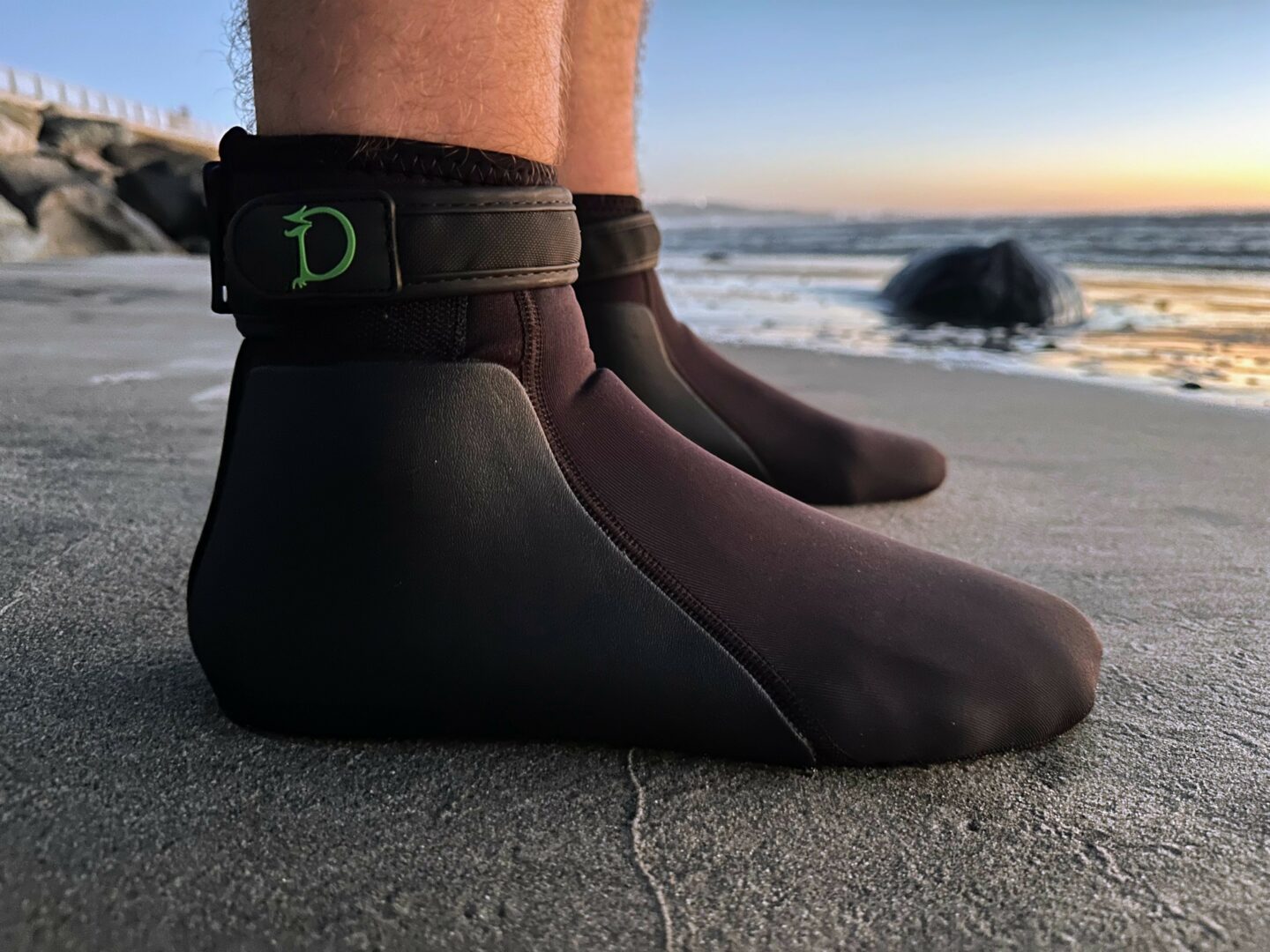
Do you think it’s better to go all in on our strengths or to try to be more well-rounded by investing effort on improving areas you aren’t as strong in?
I think this is an answer that has changed for me over time. At first, I would think I should learn to be good at all things, but I think so less now. Instead, I think about it in two areas.
In soft skills like communication, organization, prioritization, etc., I think we should consistently invest time to develop in areas where we aren’t as strong. If there’s truly an area you can’t develop here, this may be where it’d be good to get a founder who complements you.
For ‘hard’ skills like accounting, design, software development, etc. I think you shouldn’t lean into the areas you’re weaker in, but rather outsource them. Companies aren’t going to be differentiated on how well they do accounting (unless they’re an accounting company!). So although you may be tempted to invest lots of time into it to learn it, what’s most likely best is to outsource it.
It’s something we’re doing in practice at DragonSkin. We know our differentiated value will come primarily from our product, brand, and customer service. These are core pillars we’re holding onto whereas we’re slowly starting to outsource things like website development, shipping, taxes, and videography / photography for advertising.
Contact Info:
- Website: https://MyDragonSkin.Com
- Linkedin: https://www.linkedin.com/in/bouloshaddad/
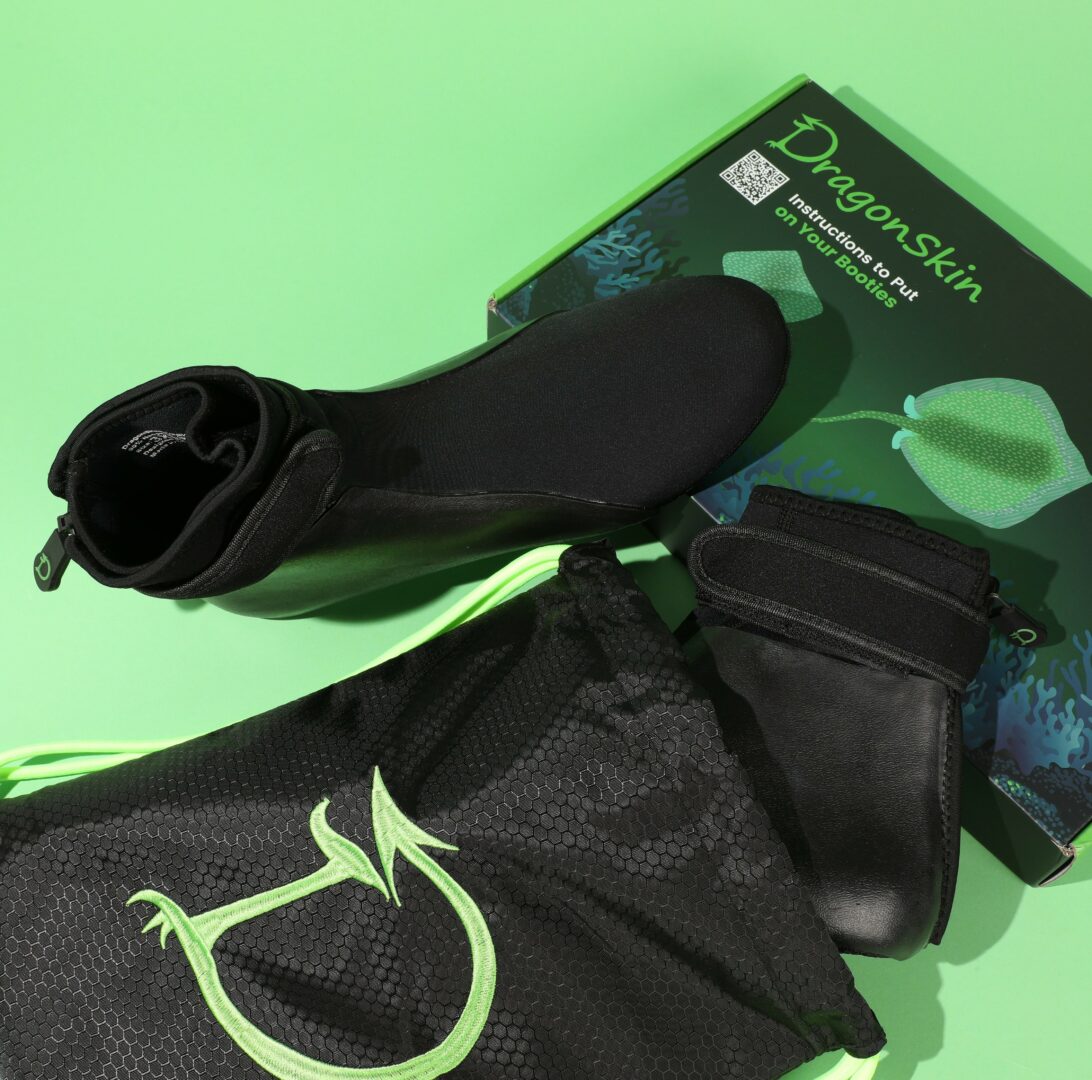
so if you or someone you know deserves recognition please let us know here.

